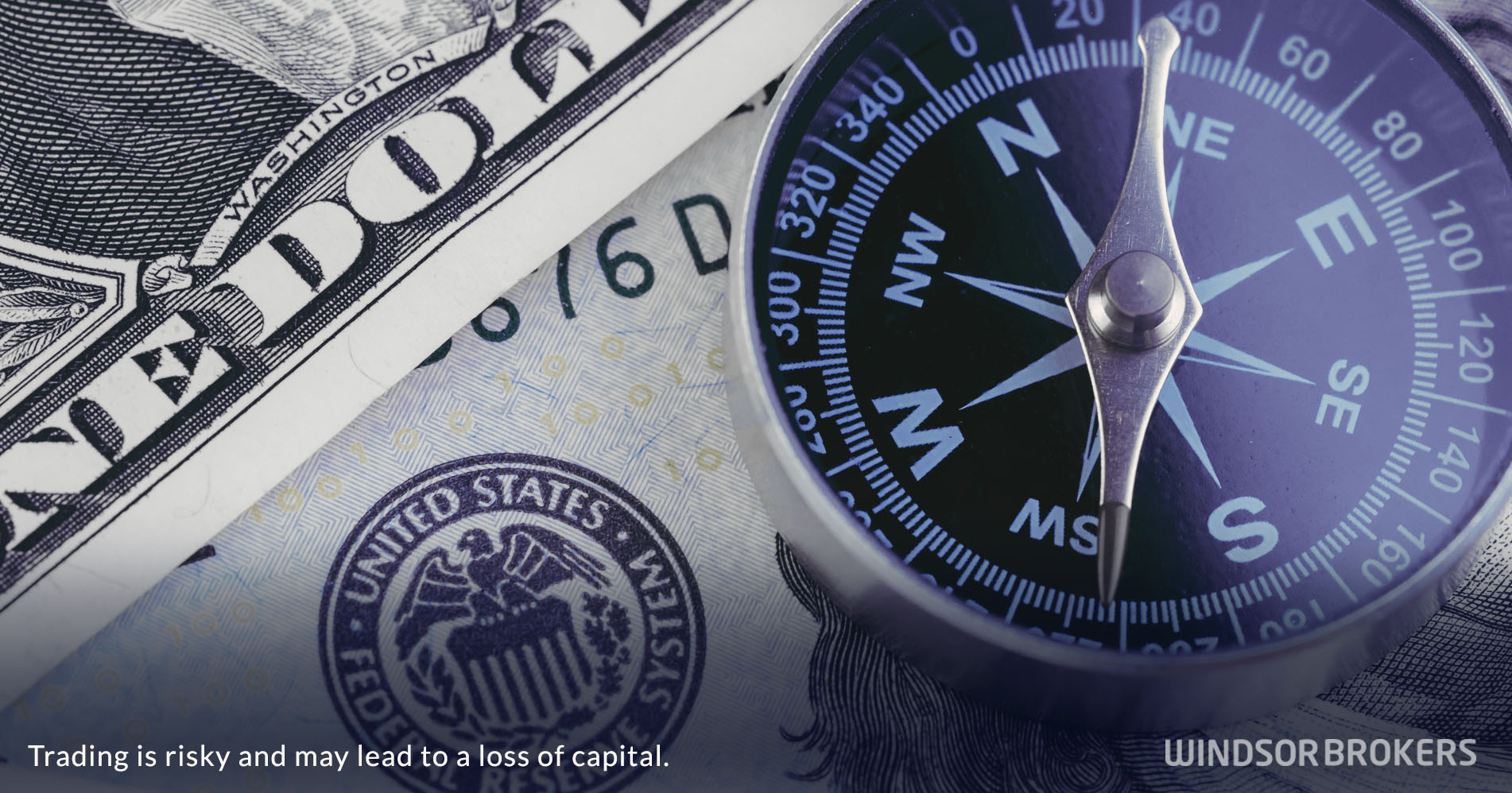Dollar lags behind key US jobs data
The dollar rose on Friday but struggled to clear losses after falling at its fastest pace in two weeks as investors strained ahead of US jobs data and fears of a recession mounted.
The U.S. dollar index, which measures the greenback against a basket of currencies, was up 0.15% to 105.86, after sliding 0.68% overnight, the largest fall since July 19.
Investors are waiting for the key US nonfarm payrolls report due at 12:30 GMT. Economists expect 250,000 jobs to rise in July after 372,000 were added in June.
But signs of a job market slowdown may already be underway, with last night’s data showing an increase in the number of Americans filing new unemployment claims last week.
Against the weaker dollar, the euro stabilized around $1.0237 after gaining 0.8% overnight. However, the recovery from the recent euro depreciation may be short-lived due to lingering concerns about the energy crisis.
A dispute over the return of turbines, which Russia claims is blocking gas supplies to Europe, showed no signs of resolution on Thursday.
“We still expect EUR/USD to trade below parity, more than just briefly, over the next few weeks,” said Joseph Capurso, head of international economics at Commonwealth Bank of Australia.
Meanwhile, sterling dipped 0.14% to $1.21405 and is down about 0.35% for the week, reversing gains made the previous two weeks.
On Thursday, the BoE raised its interest rates by half a percentage-point to 1.75%, the highest since late 2008, but warned about a long recession ahead in Britain.
Elsewhere, the U.S. dollar rose 0.21% against the Japanese yen to 133.215 per dollar, after tumbling 0.69% overnight.
The Aussie and kiwi remained little changed at $0.69645 and $0.6290.


